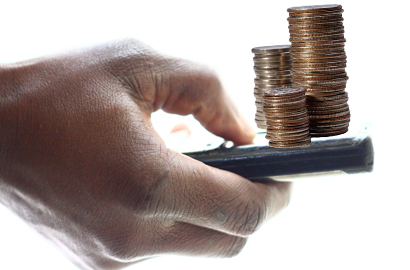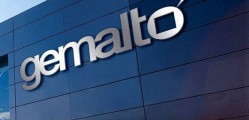Pretty Posts
BEWTEEN 2012 and now, about $600 million transactions have been carried out through the mobile money platform in Nigeria.
This figure, according to the Minister of Communications Technology, Dr. Omobola Johnson was attained from 11 million transactions.
Johnson, while making a presentation at the American Business Council in Lagos, noted that there are over 18 mobile money operators registered in Nigeria by the Central Bank of Nigeria since commencement of operations with over one million subscribers and about 67,000 registered agents across the country.
She informed that whilst uptake has been initially slow, improving infrastructure, fine-tuning of legislation and increasing confidence in product by consumers will result in significant acceleration.
The minister, who said Nigeria’s eCommerce sub-sector is gain much traction from both local and foreign investors and has subsequently created over 15, 000 jobs, informed that mobile money is currently mostly used to buy airtime. She however, said the initiative has the potential to serve as a platform for drawing more people into formal financial services.
Statistically, she said 57.8 per cent of registered mobile money users use it to buy airtime; 49. 2 per cent used it to send money; 38.2 per cent used it to receive money; 30.5 per cent used it to pay bills while 5.3 per cent used it for other functions.
According to her, Nigeria’s bourgeoning electronic commerce (eCommerce) market, whose worth was $35 million as at 2012 has grown to $550 million within the last two years.
She said with a market potential expected to reach $10 billion soonest, the eCommerce, which does 1000 orders per day two years ago, now do 15,000 with a projection of 300,000 orders soonest.
Besides, Johnson, while commending the efforts of players including Konga; Jumia; DealDey; Wakanow; Gloo.ng; Quickteller; Buyology among others, said the eCommerce sub-Sector has impacted positively on infrastructure expansion; warehousing; advertising and logistics.
The minister, who informed that wholesale and retail trade sector accounted for 17 per cent of the country’s Gross Domestic Product (GDP) in 2013; making it the third largest contributor to GDP, said among the factors driving eCommerce in Nigeria is the demographic characteristics of demand, saying that almost 40 million Nigerians are in consuming class households.
She also said that the large population of urban, tech-savvy young people, which are… (READ MORE)






Leave a Reply